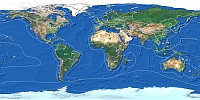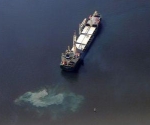Supplement 1.1: Monitoring and combating marine pollution -
Important international organisations and agreements
Preventing marine pollution from damaging important coastal and marine environments is essential for a sustainable future. But as always, there are many considerations that need to be taken into account. It is not possible to ban all activities that could cause pollution. Urban development, shipping, energy production, fishing, aquaculture, tourism, leisure - these are all essential for human welfare and prosperity.
Marine pollution - an international threat to sustainable development
Sustainable development means balancing the requirements of all these human activities against the need to protect the environment we all ultimately depend on for our future welfare and prosperity. Solutions must be found that prevent pollution as far as possible and minimise the impacts when incidents occur. In many cases the communities that are most severely affected by the impacts of pollution have no control over its causes, and little recourse against the polluters except through international agreements, treaties and conventions.
International organisations
working to protect marine environments
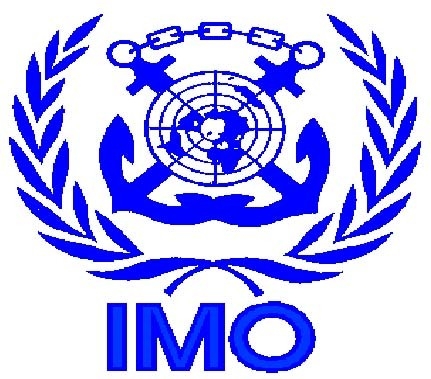
The International Maritime Organization (IMO)
Established in 1958 to facilitate international cooperation on safety and environmental protection in maritime navigation and shipping. Its main environmental responsibilities are to prevent marine pollution, provide remedies when prevention fails, and assist the development of conventions and protocols to prescribe and enforce international standards for pollution control.
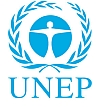
United Nations Environment Programme (UNEP)
The UNEP Global Programme of Action for the Protection of the Marine Environment from Land-Based Activities (UNEP GPA) addresses the major threats to the health, productivity and biodiversity of the marine environment resulting from human activities on land - in coastal areas and further inland. The information programme has several nodes dealing with different types of marine pollution.

Joint Group of Experts on the Scientific Aspects of Marine Environmental Protection (GESAMP)
Established in 1969 to advise the United Nations (UN) system on the scientific aspects of marine environmental protection.
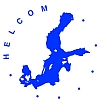
The Helsinki Commission (HELCOM)
works to protect the marine environment of the Baltic Sea from all sources of pollution through intergovernmental co-operation between Denmark, Estonia, Finland, Germany, Latvia, Lithuania, Poland, Russia, Sweden and the European Community. HELCOM is the governing body of the "Convention on the Protection of the Marine Environment of the Baltic Sea Area" - more usually known as the Helsinki Convention.
Selected international agreements
The MARPOL Convention
is the main international convention covering prevention of pollution of the marine environment by ships from operational or accidental causes.
More detailed information on the MARPOL convention can be found here.
The Global International Waters Assessment (GIWA)
is a water programme led by the United Nations Environment Programme, UNEP, covering 66 water areas in the world.
More detailed information on the GIWA can be found here.
The Bonn Agreement
was made between the North Sea States and the European Community to monitor and combat marine pollution in the North Sea.
More detailed information on the Bonn Agreement can be found here.
The Helsinki Convention
was made between the Baltic Sea States and the European Community to monitor and combat marine pollution in the Baltic Sea.
More detailed information on the Helsinki Convention can be found here.
The London Convention
is an international convention that regulates the deliberate disposal of wastes at sea by dumping or incineration.
More detailed information on the London Convention can be found here.

